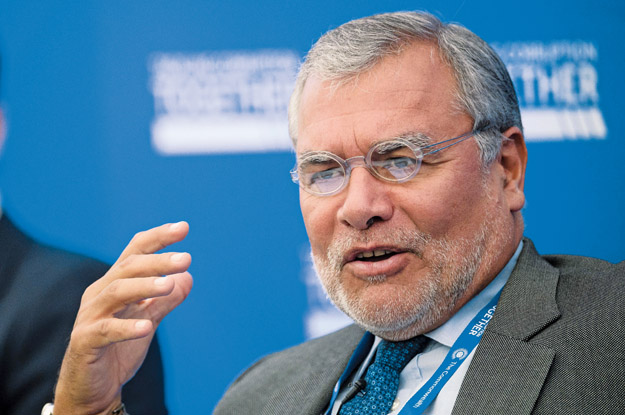For our latest print issue, we asked public officials, business leaders and everyday people what their country needs to combat corruption. Click here to see all the responses.
The fact is that corruption is a historic, structural and systemic problem in Peru. It has existed since the country’s origins, as an inheritance from the colonizers who set up a clientelist network of social and economic relationships. This created an institutional weakness from the beginning, with the state organized according to an extractive neopatrimonialism.
This incipient corruption permeated the foundations of the state and became a part of power dynamics. Further, citizens have normalized corruption, and it is considered part of an everyday reality and a natural way to live and to gain from the system and ascend socially. The normalization of corruption presents a cultural challenge of helping people understand that corruption is not normal and that it can, and should, change.
Since corruption is a complex problem with many causes, it’s difficult to think about a single solution that would enable us to reduce it. Even so, if I must choose a measure, I would say that what we need is an ethical leadership of the highest level that would take on this challenge of change and provide the political will and strategy needed to make it possible.
—
Ugáz is a Peruvian lawyer and former global head of Transparency International




